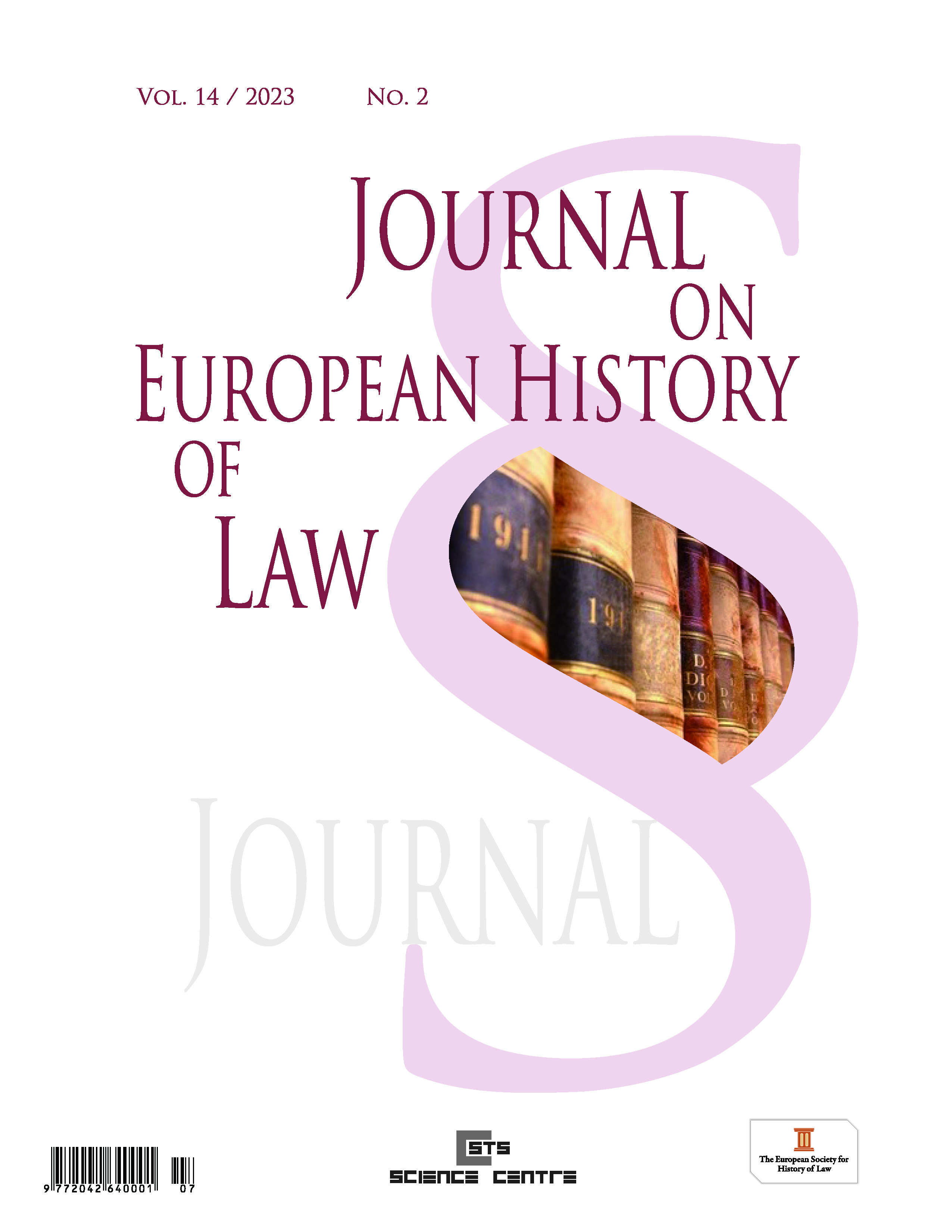Western Europe Immigration Laws on Diversity in International Arbitration. A Historical Perspective on Africa and the Influence of English Law
Western Europe Immigration Laws on Diversity in International Arbitration. A Historical Perspective on Africa and the Influence of English Law
Author(s): Thembi Pearl MadalaneSubject(s): History, Law, Constitution, Jurisprudence, EU-Legislation, Asylum, Refugees, Migration as Policy-fields
Published by: STS Science Centre Ltd
Keywords: Immigration Laws; International arbitration; Employment visa; European Union; Britain; Africa; Nationality; Diversity;
Summary/Abstract: International arbitration resolves cross border disputes which involve parties with different nationalities, cultures and backgrounds. As such, the diversity of the arbitral tribunal is important in the legitimacy of the arbitral process. Due to the confidentiality cornerstone of arbitration, there is no public data but statistics of appointed arbitrators by nationality, in the leading arbitration institutions. But the general accusation is no secret that international arbitration is a male, stale and pale field. This has also increasingly been criticized due to the lack of African representation. The discourse has circulated around bias and poor perception that is argued, isolated from European immigration laws. However, in backdrop of international disputes involving African parties and populist views opposed to African immigration in Europe, foreign arbitrators are still required to first obtain employment visas. So it is not irrational to expect a spill over in African lawyers' compliance with applicable immigration requirements as a possible inhibition to participation in Western Europe seated hearings. Even Britain, with a leading international arbitral centre in London is supposedly the most positive in Europe on the benefits of immigration. But it has been called out by British MPs for its UK visa system that damages Africa relations and also anecdotally reported as denting London’s international arbitration reputation, due to foreign lawyers' inability to obtain a visa to participate in hearings. Once a seemingly far-fetched thought, some emerging jurisdictions have introduced visa-free entry for participants in international arbitration to market as attractive dispute resolution centres. So, with increasing options that also facilitate diversity, the immigration laws may also be Western Europe’s Achilles heel in continuing to maintain its position as the sought-after international centre for dispute resolution service.
Journal: Journal on European History of Law
- Issue Year: 14/2023
- Issue No: 2
- Page Range: 128-136
- Page Count: 9
- Language: English
- Content File-PDF

